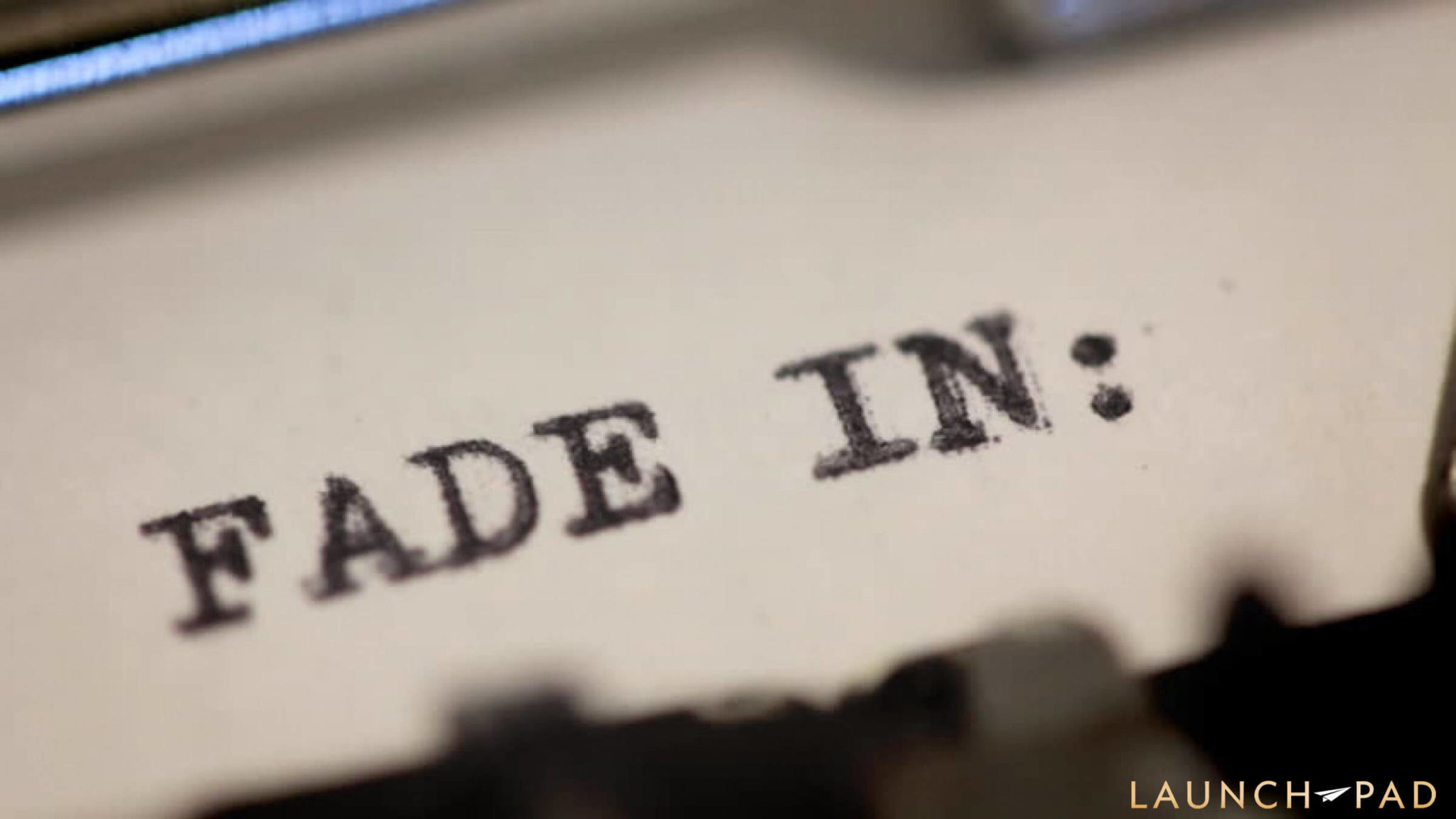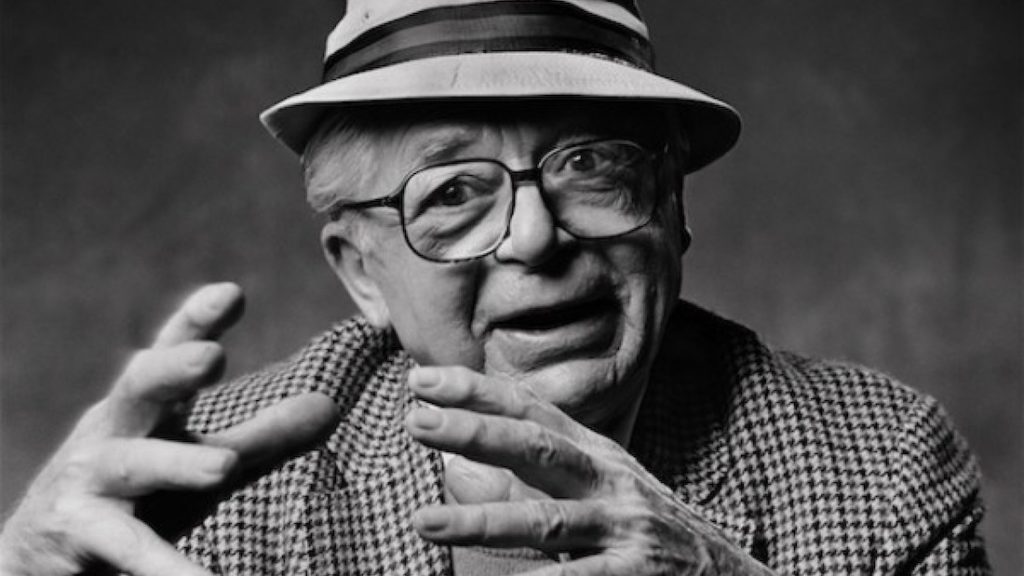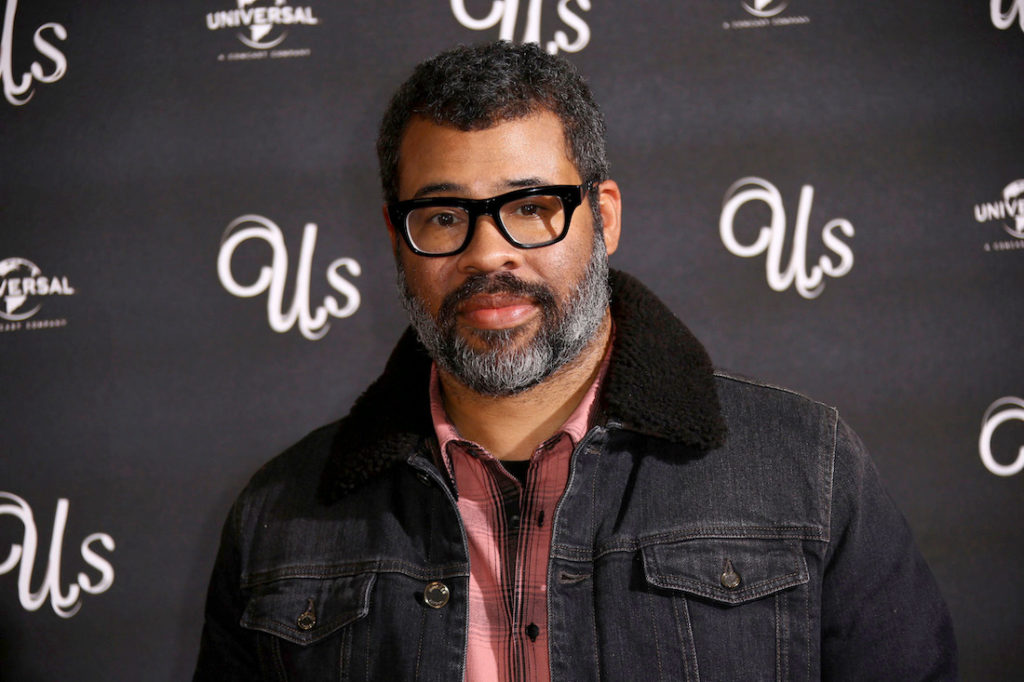
Writing specs that stand out can be really discouraging. Here’s some advice from some screenwriting greats that’ll put some pep in your step.
According to a Twitter post I did no follow-up research on, there are more active players in the NFL than WGA feature writers who received a paycheck last year. I’m not an industry insider, and math and numbers make my head hurt, so I didn’t deep dive into those stats, but it sounds about right, doesn’t it?
We’re all trying to sit at a table with a limited number of chairs. Working writers trying to keep their seats, and even more new writers praying for a spot to open up.
With so much competition and so few opportunities, how can an up-and-coming writer hope to get noticed? What does a spec script need to accomplish to kickstart a writer’s career?
While there are no easy answers, these are the tips that helped me, and I hope they will help you write that script that gets you noticed, does well in a contest, earns you some reads, or gets your foot in the door.
[And, thank you to the Outstanding Screenplays Instagram account, which is where I pulled the below quotes.]
Have a Plan

Billy Wilder
“Know where you’re going.” – Billy Wilder
This one is pretty simple, so let’s knock it off first, shall we? Screenplays have an expectation of structure — three acts, an inciting incident, a midpoint, a nadir, a climax, etc.
You may want to point to avant-garde filmmakers or art films that eschew that structure, and yes, those definitely exist. But, if you’re trying to break into the industry as a working writer, you need to show you know that structure. If you’re well-established or making your own stuff, go nuts. Be as you want to be. Break every rule.
But, for most of us, you have to know and demonstrate the rules before you can really break them. So, I’m going to use the dreaded “O” word here. Outline. Outline, outline, outline.
The outlining process is different for everyone. Historically, my outlines are pretty sparse, focusing on the basic structure and the big impactful moments I know I need to hit. Others prefer to outline in great detail. Every moment, every scene.
Do what works for you, but know where you’re going. When the structure is off, when your script is disjointed or covered in unnecessary fat, it’s obvious to the reader. Know your scenes, what each one needs to accomplish, then get in and get out.
That said…
Don’t Freak Out If Plans Change

Rian Johnson
“Map out the whole plot before you sit down to write, but don’t set it in stone yet because no matter how much you plan, it always changes in the writing process.” – Rian Johnson
Sometimes, writers can get so stuck on their outline that the story becomes inflexible. That characters make choices that don’t make sense just because the story dictates that’s what is supposed to happen next.
Characters suffer. The story’s authenticity suffers.
At the risk of sounding a little too woo-woo, as you write, you begin to better understand your characters. You get to know them like they’re real people. And, real people are unpredictable. They may not react to plot points the way you expected them to when you set your story in motion. A line of dialogue that feels right for them may end up rippling and changing everything that follows.
As Martin Scorsese said (yes, this section has a bonus quote), “The films that I constantly revisit have held up for me over the years not because of the plot, but because of the characters.”
Focus on writing strong characters that behave like human beings, not cogs in a plot machine. Give them room to act and react honestly. It may change the direction of your story, it may send you back to your outline, but a story told truthfully will always outshine a story that mechanically checks the boxes.
Don’t Let Fear Stop You From Writing

Phoebe Waller-Bridge
“Whenever you get stuck on something, ask yourself, ‘What would you do and write if you weren’t afraid?’” – Phoebe Waller-Bridge
If you’ll allow me, in honor of Phoebe Waller-Bridge’s Fleabag, I’m going to break the fourth wall a little bit here and address my own experiences. Like most people, I wrote many, many screenplays and pilots before I started to feel my career moving forward. And, they were… fine? Structurally solid. Maybe kinda funny. Completely safe.
The script that first got my foot in the door was an idea I had been scared to write. It was political. It was a thriller. And, I put off writing it for years. I told myself, “I’m, like, a silly comedy guy. I can’t write something like that. I don’t have it in me.”
But, the story nagged at me. Stuck with me. And, finally, I told myself I had to get it down or it would haunt me forever.
At the same time, I decided I wanted to enter it into a contest, a contest with a submission deadline in seven days. I knew I had to be nuts to try and write a feature in a week, but what did I have to lose?
What that experience taught me was to trust my gut. My instincts. I didn’t have time to talk myself out of big swings. Out of wild twists. Out of bold choices. A story beat would occur to me, and I’d think, “Man, that’d be a crazy thing to write. I guess it’s going in.”
Often, screenwriters have a tendency to play it safe. To write sort of middle-of-the-road stories that hit the requisite beats without taking risks. I know I did.
I’m not saying to write crazy for the sake of crazy. But, maybe, sometimes, don’t talk yourself out of the choice that excites you. That scares you. Be bold. Subvert expectations. Your reader wants to be surprised. Don’t be afraid to give it to them.
You Have Your Own Unique Voice

David Lynch
“I think new screenwriters are too worried it has all been said before. Sure it has, but not by you.” – David Lynch
If you’re reading this, unless you’re a clinical narcissist, you probably have a degree of imposter syndrome. Most people in the arts do.
You might tell yourself you’re not good enough. That you don’t belong in this business. That you’re never going to make it. That it’s impossible.
The one that used to get me, and still sneaks up on me sometimes, is some variation of, “What if I don’t have anything unique to say?”
Maybe you’ve felt that way. Maybe that feeling has you reaching for ideas that you’re not passionate about, but that you feel might be unique enough to sell. Or, worse yet, maybe that feeling has stopped you from writing at all.
Storytelling is as old as mankind. There are innumerable myths, books, movies, and tv series. The truth is, you will probably never tell a story no one has told before.
Big deal.
Don’t let it stop you from writing the script you want to write. The story you need to tell. Because, the real truth is, you are the only one who can write a “you” script.
The more you write, the more you stop holding yourself back from the stories that scare you, the more you’ll develop your voice. The more unique your writing will be.
The more your scripts will stand out.
Not because they’re brand new, never-been-told stories.
Because they’re you.
Write What You Love

Jordan Peele
(Photo Credit: Joel C Ryan/Invision/AP/REX/Shutterstock)
“Write your favorite movie that you haven’t seen. Don’t worry about whether it is going to get made. Write something for yourself. After you have that draft, then worry about what you need to do to sell it.” – Jordan Peele
This is the quote that, I think, this whole piece really boils down to. Write what you love. Write without fear.
Trying to write a spec for the marketplace is almost always a fool’s errand because the business is constantly changing. For most of last year, the common wisdom was that only uplifting “Ted Lasso” comedies were going to sell, then “Squid Games” dropped and changed everything.
Chasing trends is like a dog chasing its tail. You’re just going in circles and the thing you want is always going to be out of reach. And, more than that, trying to write what you think someone else will like, rather than what you’re passionate about, detracts from your voice.
When you’re breaking in, focus on writing the movie that lives in your head. Your favorite movie that hasn’t been made yet. The movie that is your voice, through and through.
In a crowded field, the only way to stand out is to be boldly and unapologetically you.
Don’t worry. The business side will come. The rewrites are guaranteed. But, not only is your unique voice your best shot to get noticed, don’t you want to be working with people who understand you and your writing from day one? Who read your voice and loved it? Who want to fight for it? Preserve it?
Your voice is who you are as a writer.
Don’t be afraid to use it.
Need feedback on your script? Get Launch Pad’s studio-style script coverage and notes.
Brian T. Arnold is the writer of “In The End,” which was featured on the 2021 Black List and is currently in development with Sister. Previously, he won the Launch Pad Feature Competition, Best Thriller and Best Drama in the Script Pipeline First Look Competition, and Best Thriller in the Shore Scripts Competition. He’s repped by Bellevue and APA.


